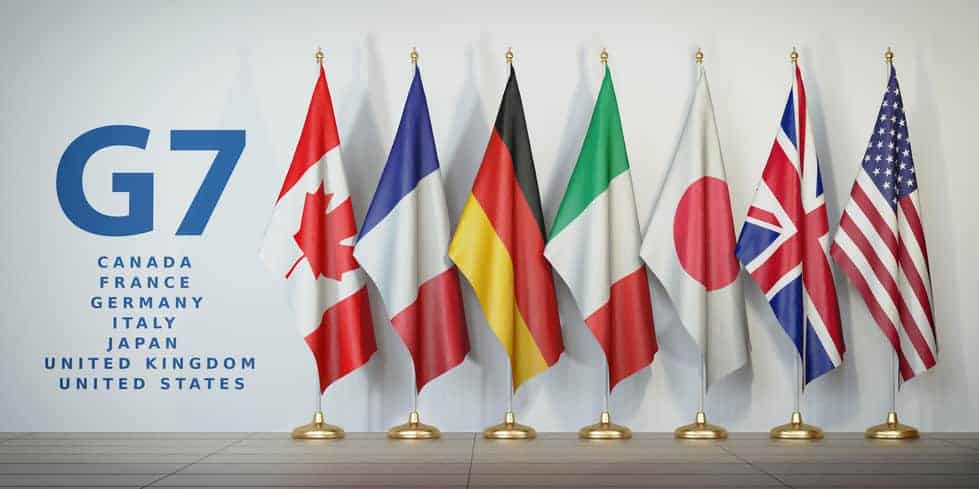The member countries of the G7 -Canada, France, Germany, Italy, Japan, the United Kingdom, the United States- have reached an agreement this weekend for multinational tech giants to pay at least 15% corporate taxes in all countries where they do business, instead of being taxed only in the territories where their headquarters or those of their subsidiaries are established.
This technique, known as tax offshoring, allows companies such as Facebook, Google, or Apple, among others, to be taxed only in Ireland for all the profits they make in the European Union. Ireland is a country with a lower tax burden than the rest of the member countries.
In addition, the G7 members have established that the tax rate will be higher, at 20%, when the company’s profit margin exceeds 10% in the country.
Tech giants to pay a minimum tax of 15% in G7 nations
This agreement has been reached after several years of negotiation in which there have been important differences between the different countries. The main stumbling block to reaching such an agreement beforehand was the United States, whose companies are the main beneficiaries of the tax relocation carried out in Europe, especially those in the technology sector.
However, years of pressure from its European allies and the willingness of the new US President, Joe Biden, to increase cooperation with Europe have made it possible to reach a consensus. In fact, the 15% figure has been proposed by the Americans themselves, since the European countries were asking for a 21% tax, although they have considered the rate proposed from the other side of the Atlantic to be a good one after years of blockade.

The agreements reached by the G7 are not binding, but the fact that the seven most powerful Western countries agree on an international issue is the first step for the rest of the states. So it is expected that, once the pact is ratified next weekend in a second meeting, the similar negotiations being carried out in the G20 and the Organization for Economic Cooperation and Development (OECD) will experience a significant boost.
This agreement comes just days after the European Union reached a pact to oblige companies or subsidiaries operating in Europe that have an annual turnover of more than 750 million euros for two consecutive financial years to submit a public report declaring, country by country.
With the combination of both initiatives, European public administrations will have the necessary information to establish the exact amount of taxes to be paid by multinationals in relation to the income they earn in each country.





